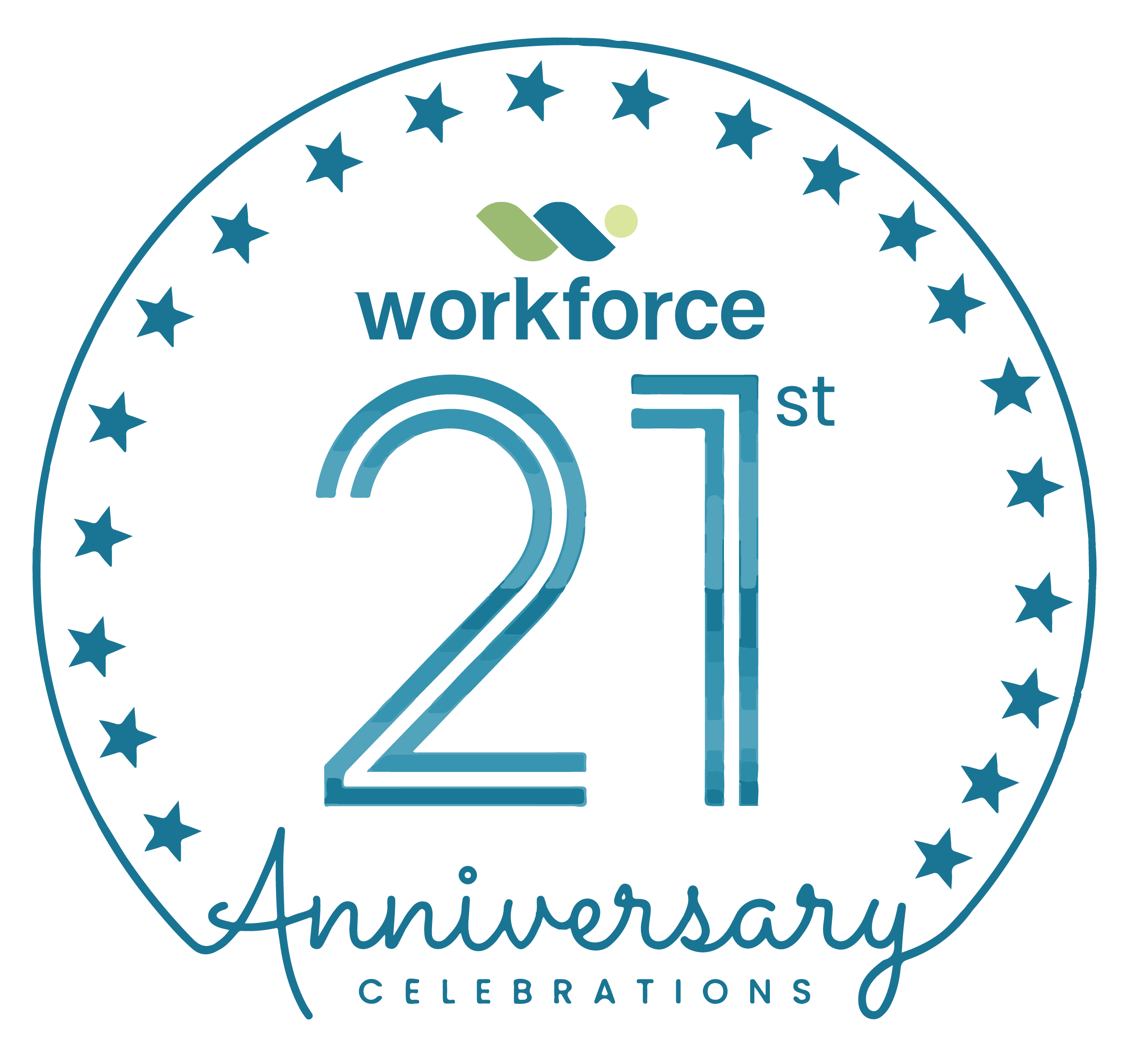In the financial world, where disruptive technologies and dynamic market forces constantly reshape the landscape, the need to bridge the skills gap has never been more critical.
As the industry seeks to embrace new opportunities and address emerging challenges, traditional training methods must catch up to keep up with the speed of change.
However, eLearning for finance professionals in the industry has emerged as a beacon of hope amidst this evolving terrain.
With their versatility, accessibility, and personalised learning experiences, eLearning platforms have revolutionised professional development, offering finance professionals a pathway to acquire cutting-edge knowledge and adaptability.
In the rapidly evolving finance industry, staying ahead of the curve is no longer a mere advantage; it has become imperative for success.
With the convergence of technology and education, finance eLearning solutions have paved the way for bridging the gap between traditional finance practices and the demands of the modern world.
By harnessing the power of eLearning, the finance industry can equip its professionals with the knowledge and skills necessary to navigate the complexities of today’s financial landscape while driving innovation and staying competitive on a global stage.
The Rising Skill Gap In Finance
The finance industry has always been dynamic, but it has experienced exponential growth in complexity and technological advancements in recent years.
Traditional financial roles are gradually becoming outdated, and newer, more specialised positions are emerging. As a result, many finance professionals lack the skills needed to meet the industry’s evolving demands.
Moreover, the skills gap extends beyond technical expertise. While mastery of emerging technologies is crucial, soft skills have emerged as equally indispensable qualities in the modern finance landscape.
Effective communication, critical thinking, adaptability, and a collaborative mindset have become paramount in a world where teamwork and innovative problem-solving are the building blocks of success.
The implications of the skills gap reverberate throughout the finance industry. A scarcity of qualified finance professionals leaves organisations grappling to find the right talent for critical roles.
Consequently, many organisations may struggle to innovate and remain competitive in a rapidly evolving market. Operational inefficiencies, driven by a lack of skilled employees, could lead to errors and inflated costs, undermining the efficiency of financial processes.
Perhaps most alarming is the heightened risk of non-compliance with the Knotty web of financial regulations. Failing to keep up with the ever-changing regulatory landscape can expose organisations to severe financial and reputational risks.
Stagnant career growth due to outdated skill sets may reduce job satisfaction and increase employee turnover. Addressing the skills gap in finance requires a collaborative effort from multiple stakeholders.
Finance professionals must, therefore, embrace a mindset of continuous learning and actively seek opportunities to upskill and reskill.
Closing The Skill Gap In Finance: Best Practices

To effectively close the skills gap in the finance industry, a thoughtful approach is necessary. Here are some best practices for implementing financial service eLearning solutions:
1. Identify Skill Deficiencies
Recognising and understanding the exact skill deficiencies within an organisation is the foundational step towards closing the skills gap in the finance industry.
By conducting a comprehensive skills assessment, organisations gain invaluable insights into the current capabilities of their workforce.
These assessments can take various forms, from surveys and performance evaluations to skill-specific tests. Analysing the data obtained from these assessments enables organisations to pinpoint areas where employees lack proficiency, whether in utilising advanced financial software, comprehending regulatory changes, or honing essential soft skills.
With this knowledge, organisations can accurately design targeted e-learning for finance professionals tailored to address their specific needs, empowering them to excel in their roles and remain competitive in the ever-evolving financial landscape.
2. Curate Comprehensive Content
Collaborate with subject matter experts to develop high-quality finance e-learning content that covers both technical and soft skills.
To ensure optimal effectiveness, organisations must collaborate with subject matter experts like Workforce Group, who possess in-depth knowledge and experience in the finance industry.
Together, you can craft engaging and interactive finance eLearning content that covers both the technical aspects of finance and the indispensable soft skills essential for success.
This collaboration guarantees that the eLearning material aligns with industry standards, staying up-to-date with the latest trends, regulations, and best practices.
3. Encourage a Learning Culture
Creating a culture that values and encourages continuous learning is the cornerstone of successful skills development in the finance industry.
Organisations must foster an environment where employees perceive learning as an opportunity for growth rather than an obligation.
By promoting eLearning solutions as a vehicle for self-improvement, your organisations can empower finance professionals to take charge of their career advancement actively.
4. Measure Learning Outcome
Implement regular assessments to measure the effectiveness of eLearning initiatives. Implementing regular assessments throughout the learning journey allows your organisation to gauge the impact of eLearning programmes on the workforce.
By setting clear learning objectives at the outset, these assessments can effectively measure how well finance professionals acquire and apply the newly acquired knowledge and skills.
5. Embrace Blended Learning

While eLearning solutions offer unmatched accessibility and flexibility, organisations like yours can enhance the learning experience by embracing a blended learning approach.
Combining eLearning solutions with traditional training methods, such as in-person workshops, seminars, mentoring sessions, and networking events, fosters a comprehensive and well-rounded learning journey.
6. Tailor Training Programmes
Recognising that finance professionals possess varying skill levels and strengths, organisations can create personalised learning paths that cater to individual needs.
Customisation of eLearning content allows finance professionals to focus on acquiring specific competencies, whether technical expertise or essential soft skills.
By tailoring training programmes to meet the diverse needs of your workforce, you empower finance professionals to thrive in their roles, unlock their full potential, and emerge as agile and adaptable contributors to the organisation’s success.
7. Reward And Recognise Learning Achievements
Acknowledging and celebrating the efforts of finance professionals who actively engage in eLearning opportunities is a powerful strategy for fostering a learning-oriented culture.
Inspiring a culture of excellence and recognising learning achievements, organisations can drive increased engagement, create a ripple effect of financial services e-learning, and ultimately bridge the skills gap in their organisation and industry.
In Conclusion
The finance industry’s skills gap is a challenge that demands immediate attention. eLearning solutions for the finance industry offer a viable path to bridge this gap, empowering finance professionals with the knowledge and skills needed to thrive in the digital era.
As organisations are beginning to embrace finance eLearning and invest in their workforce’s continuous development, you will not only create a competitive advantage but also contribute to the long-term sustainability of your industry.
embracing eLearning for the finance industry, you can confidently navigate the ever-changing landscape and drive innovation that shapes the future of finance and your organisation.
Ready to take the first step towards bridging the skills gap and embracing innovation in your organisation? Then visit www.workforcegroup.com/bank-on-intuition or send an email to hello@workforcegroup.com to schedule a trial of our digital learning solution platform today.



